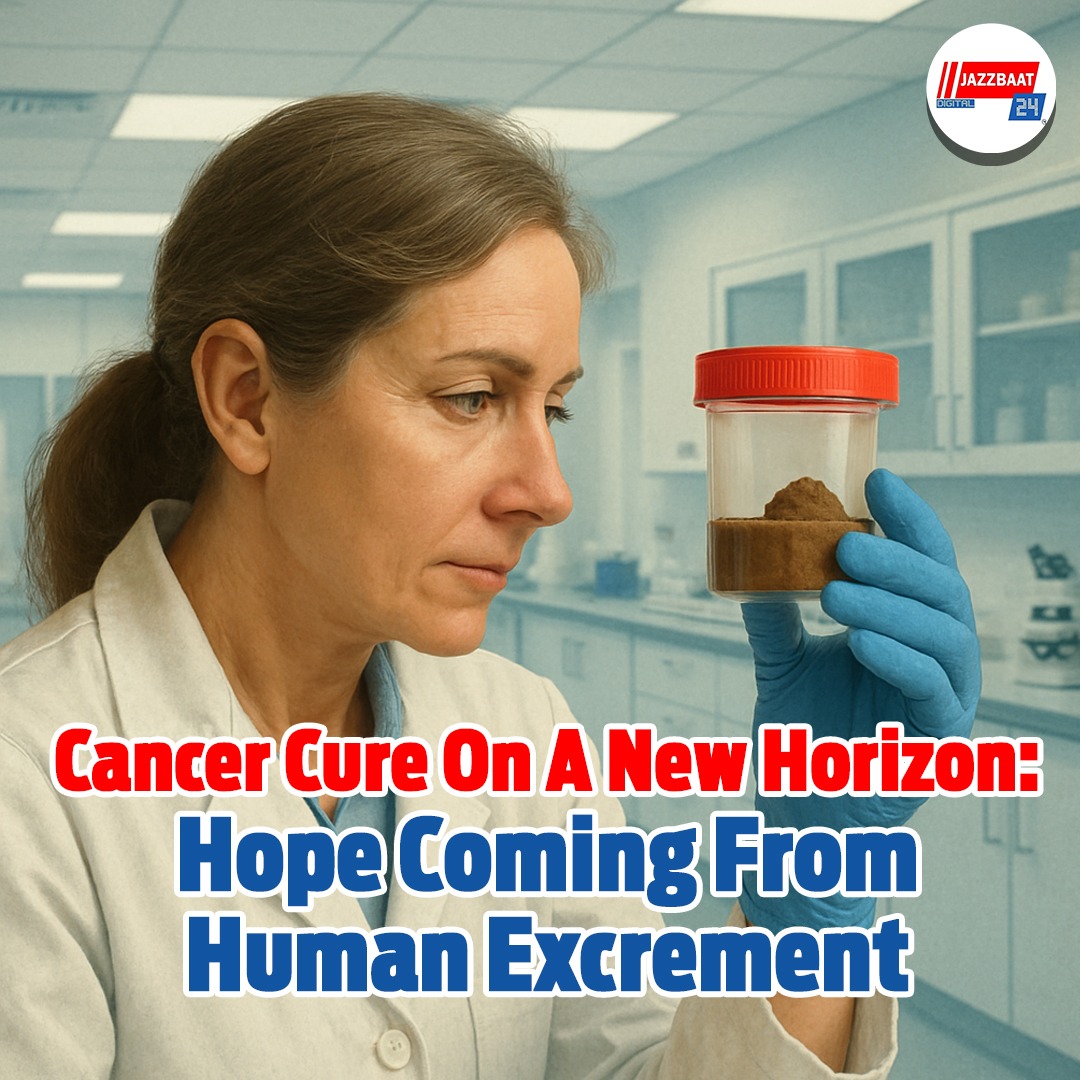
Unprecedented breakthroughs are being made in the field of medical science throughout history. Researchers are always involved in the battle to safeguard humanity from fatal diseases by finding novel approaches one after another. In continuation of that, Mayo Clinic, one of the top institutions in the field of medical research, has reacted to an unprecedented study. Odd as it sounds, it is factual, scientists have targeted human excrement or feces to identify useful ingredients in cancer treatment. Behind this study lies a complicated but extremely vital subject - the human gut microbiome.
The 'gut microbiome' is the collective structure of millions of bacteria, viruses and other microbes that reside in the human intestine. Not just do these microorganisms regulate the digestive process or stomach well-being, but are also important in immunity, mental health and many complicated biochemical reactions within the body. It has come to light in recent research that there exists a profound link between the gut microbiome and cancer growth. Even the detection and reaction to treatment are controlled by these microorganisms.
Scientists at the Mayo Clinic are studying this very connection. What they primarily aim at is finding out how precisely the particular function of helpful bacteria in the gut microbiome can be utilized to treat cancer. Specifically, they have initiated a new kind of research to see how significant the function of these helpful bacteria could be in negating the weakness of the immune system of the body that results during cancer treatment.
One of the most significant points of this study is 'fecal microbiota transplantation' or FMT. In this process, healthy bacteria are harvested from the stool of a healthy individual and implanted in the intestine of a cancer patient. These good microbes travel to the recipient's intestine and establish a new niche, which can enhance the efficacy of immunotherapy or chemotherapy administered to treat cancer.
Scientists at the Mayo Clinic's Center for Individualized Medicine are carrying out numerous clinical trials on the subject. They aim to examine the gut microbiome of every patient with cancer and create individualized or personalized treatment plans based on it. Research has determined that in those patients who do not have certain kinds of beneficial bacteria in their intestines, it is possible to enhance the effectiveness of cancer treatment by providing this shortage. In this situation, not only fecal transplants but even the right kind of probiotic supplements can be especially beneficial.
But not only treatment, scientists are taking another step ahead and attempting to find some biological indicators or 'biomarkers' that may give early warnings in the diagnosis of cancer. That is, if the patient has advanced cancer inside the body, it will become possible to detect it from these biomarkers. Besides, it can also predict the response of the body during treatment.
Experts opine that this kind of study will open the gate to a new era of cancer treatment in the future. Traditional cancer treatment like chemotherapy or radiation therapy is usually followed by side effects and is not as effective in all persons. But if treatment strategies can be tailored according to personalized microbiome analysis, it can be more efficient and less toxic.
Gastroenterologists and cancer specialists are extremely hopeful about the future of this study. In their opinion, this technique is not only a new technology, but it also signifies a change in the philosophy of treating cancer. If the treatment course is decided according to the inner environment of the patient's body, particularly the type of intestinal bacteria, it can be more targeted and effective.
Lastly, one can assert that feces, which previously we viewed as mere waste, is nowadays becoming a potential for medicine. If the way is opened to isolate useful bacteria in human feces and utilize them as a preventive measure for diseases, the cure for hard diseases such as cancer will be made simpler, more efficient and more widely practiced in the future. This remarkable advancement in medical science is becoming a new beam of hope for the achievement of human health.